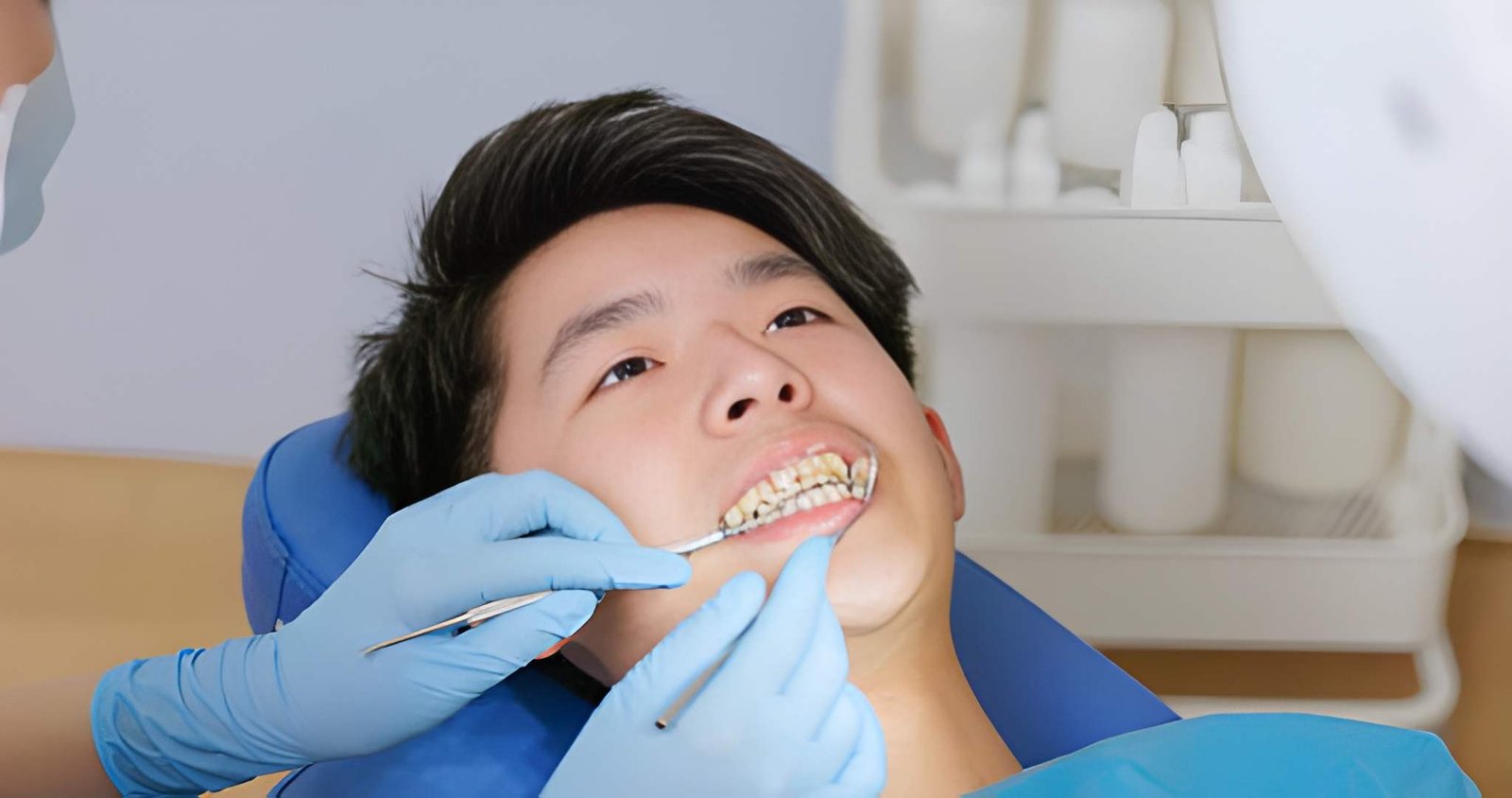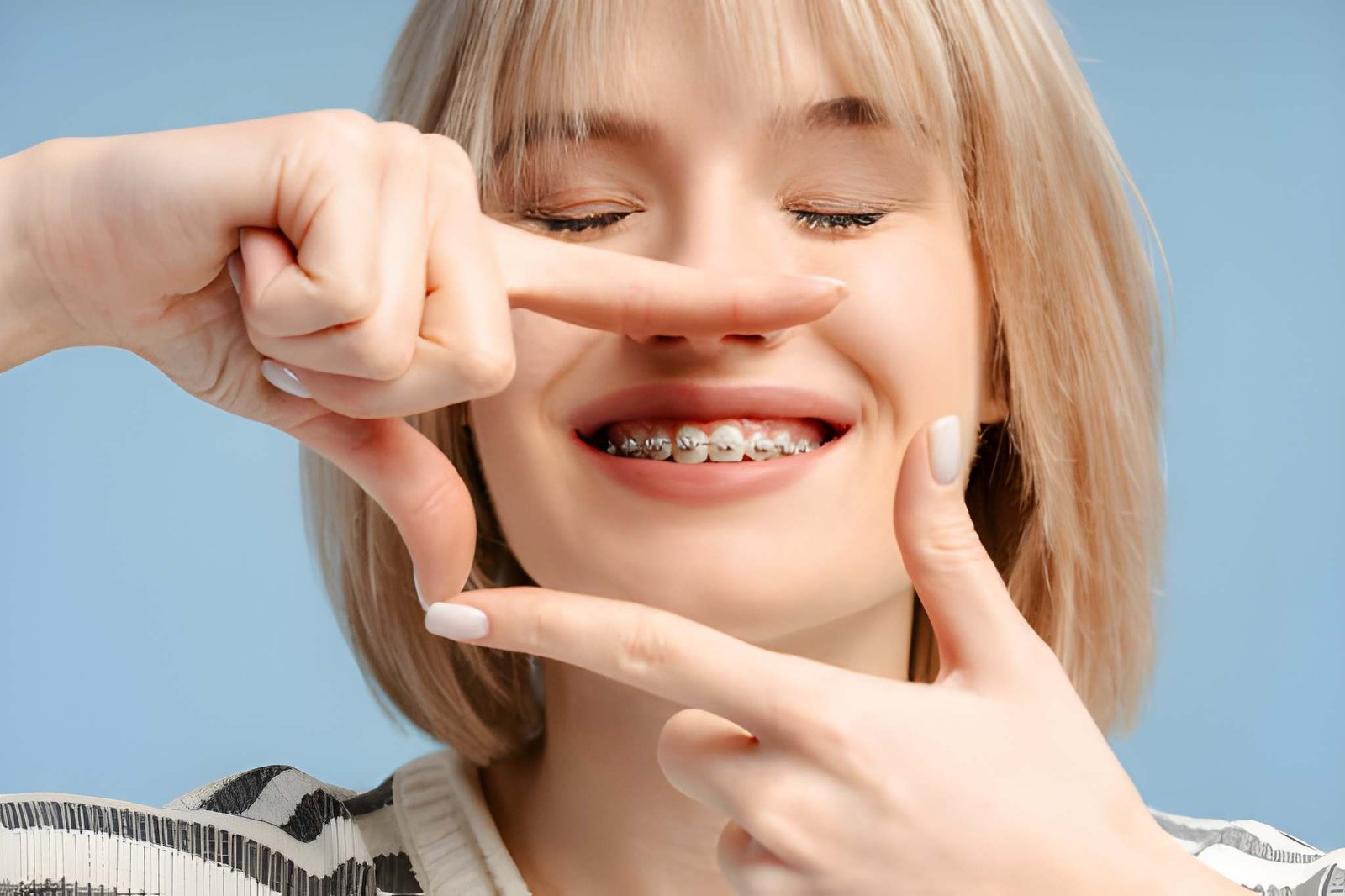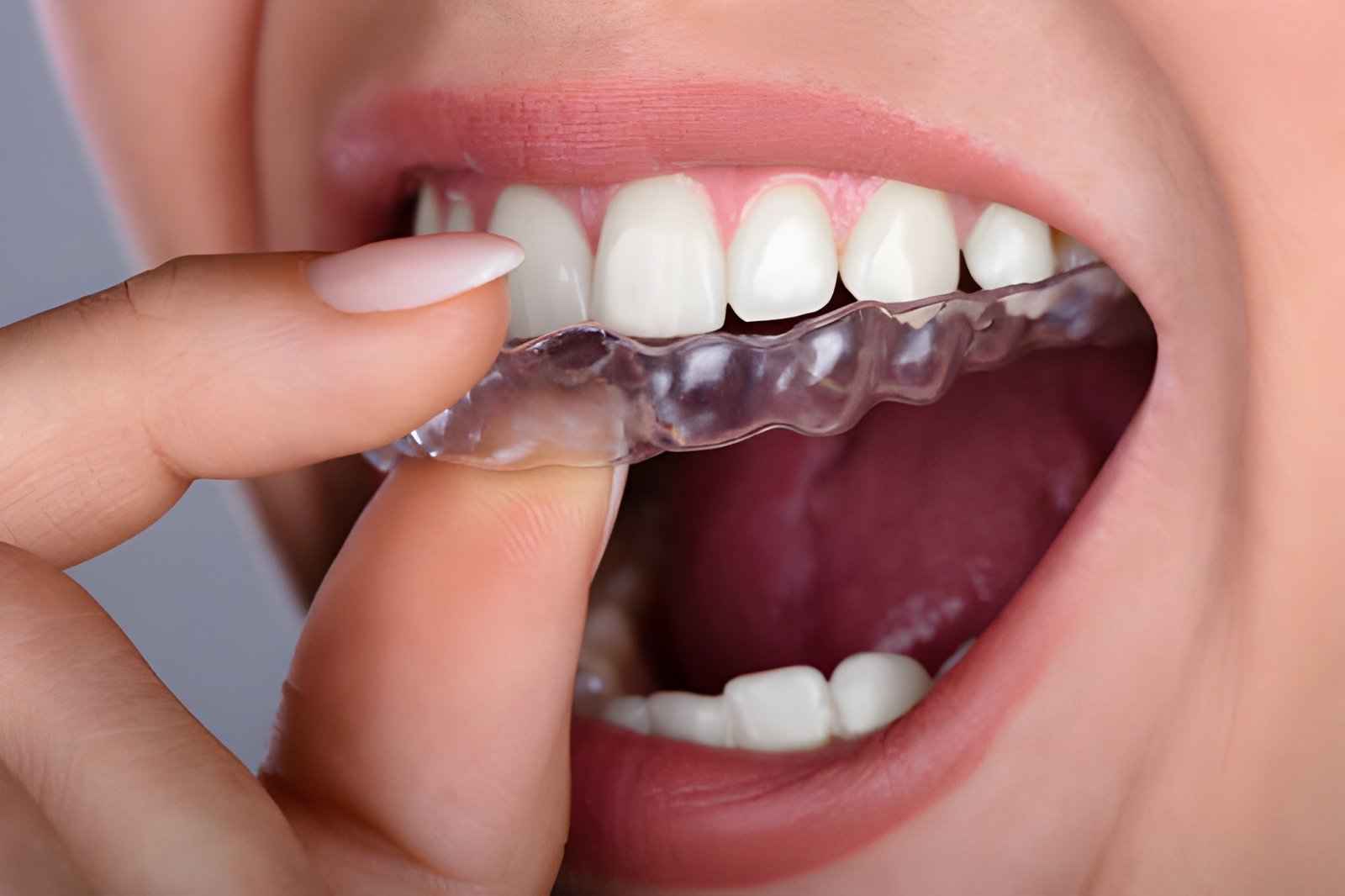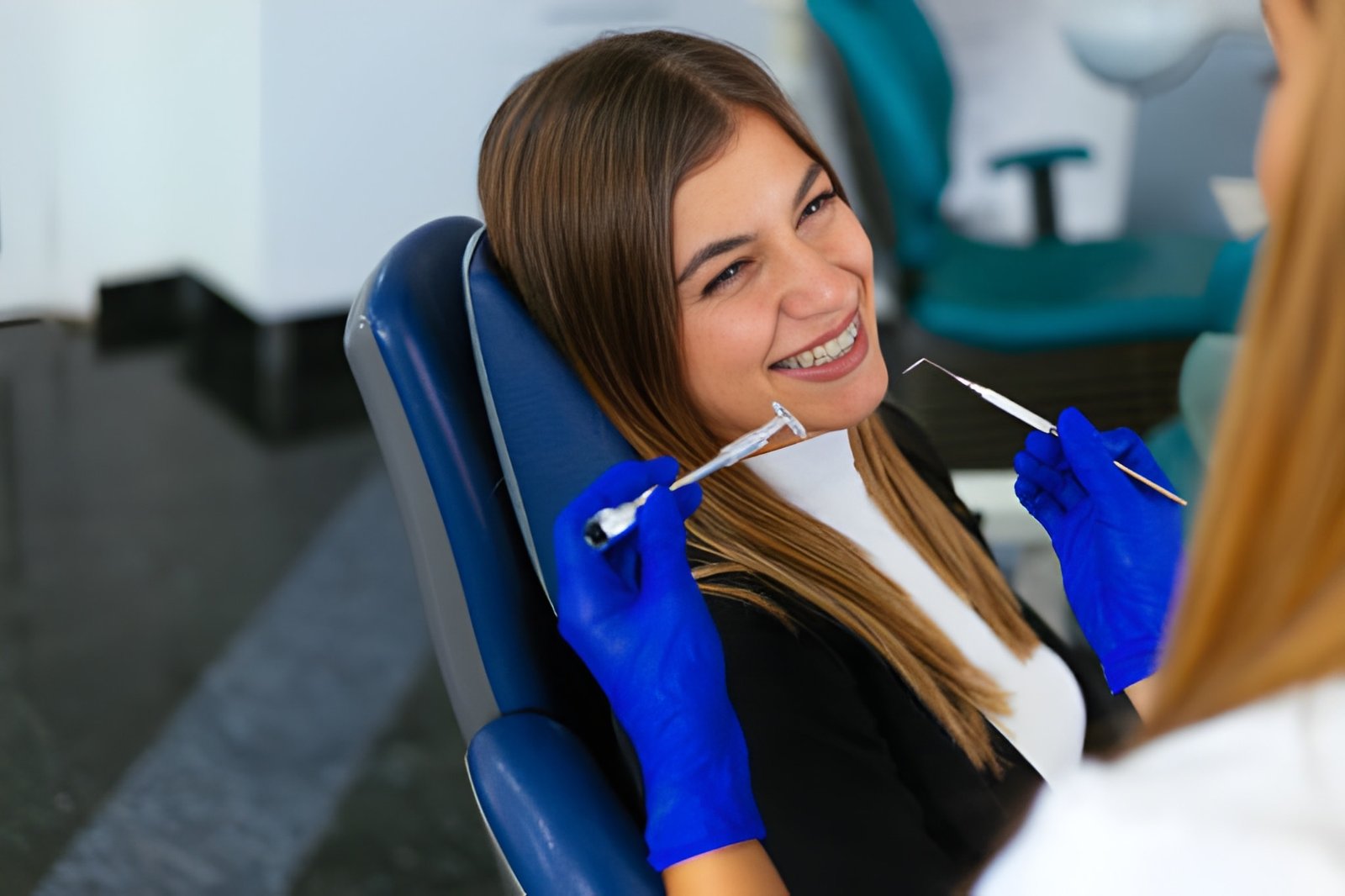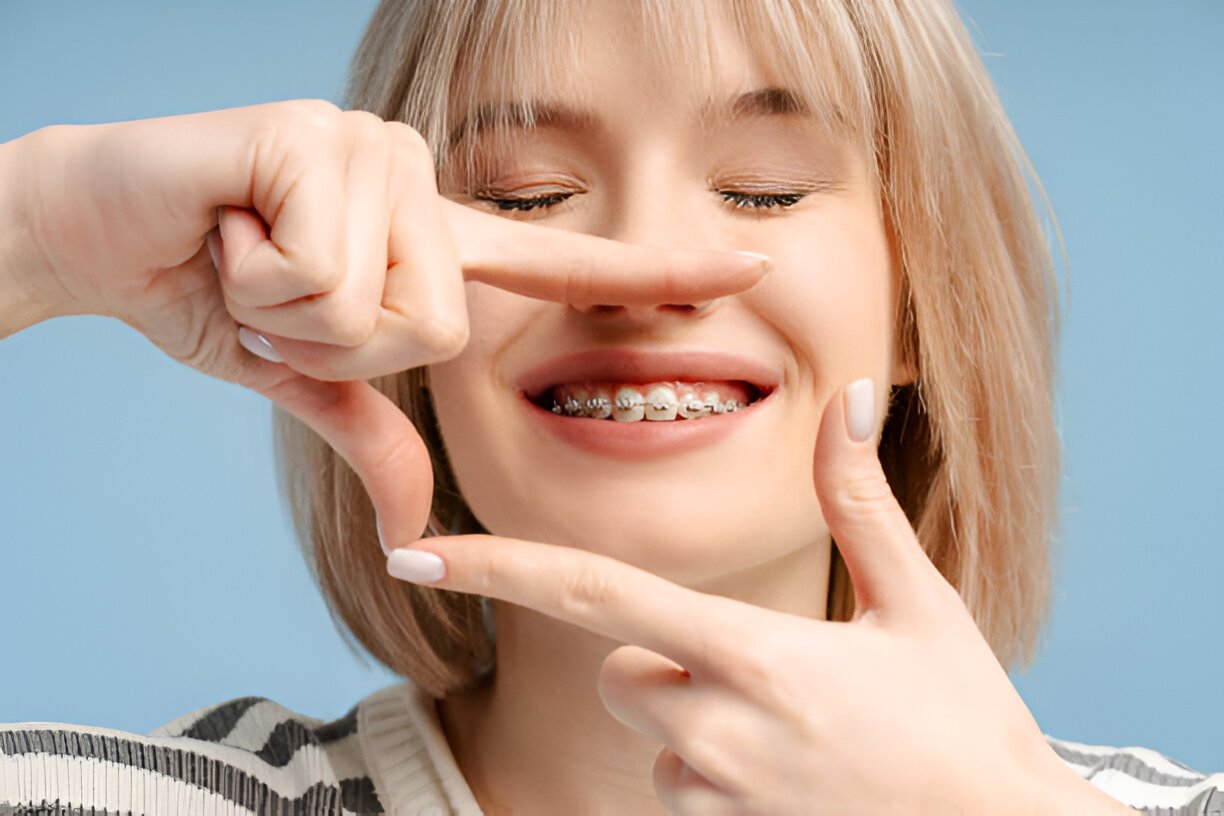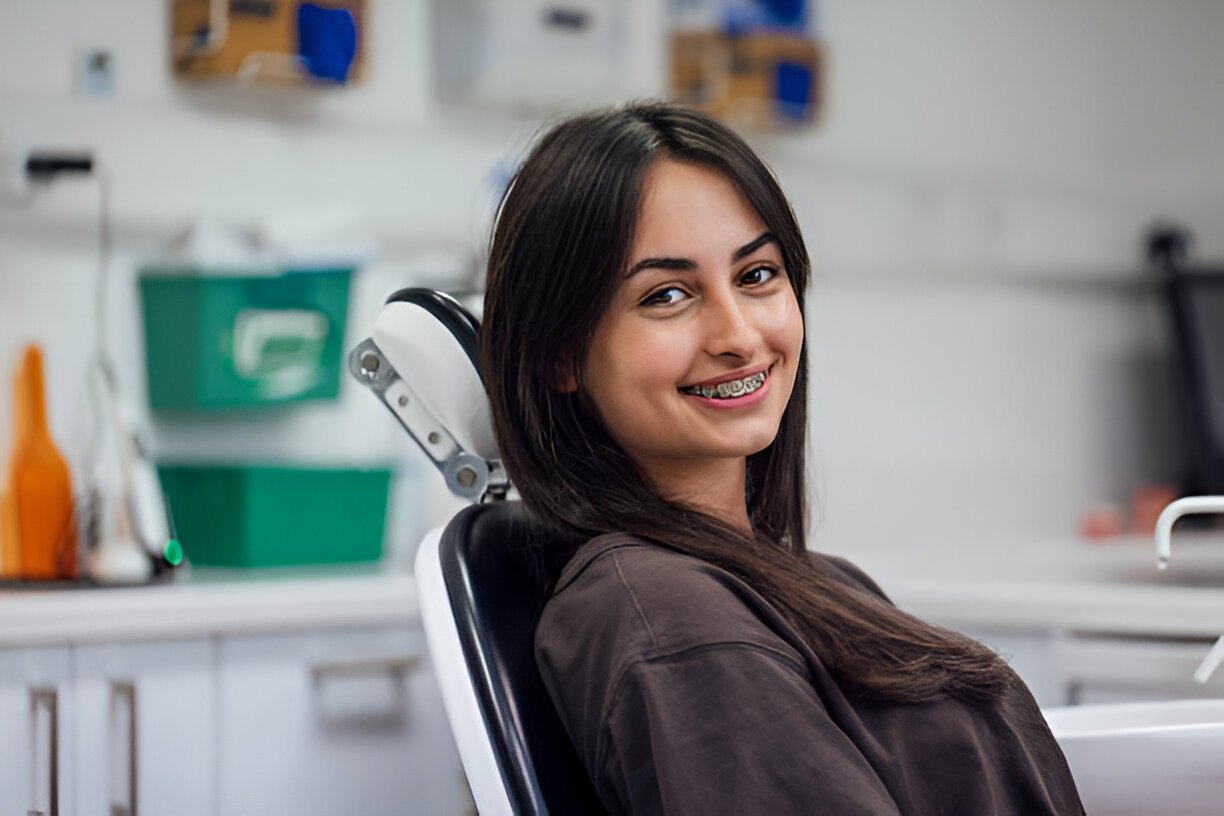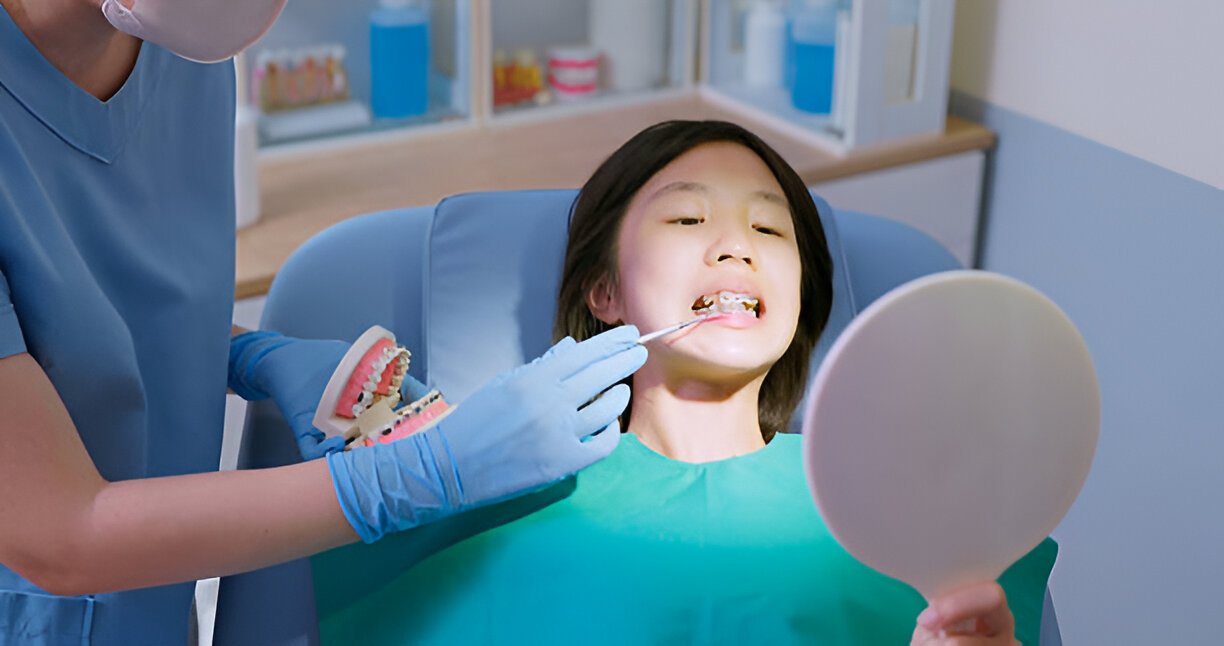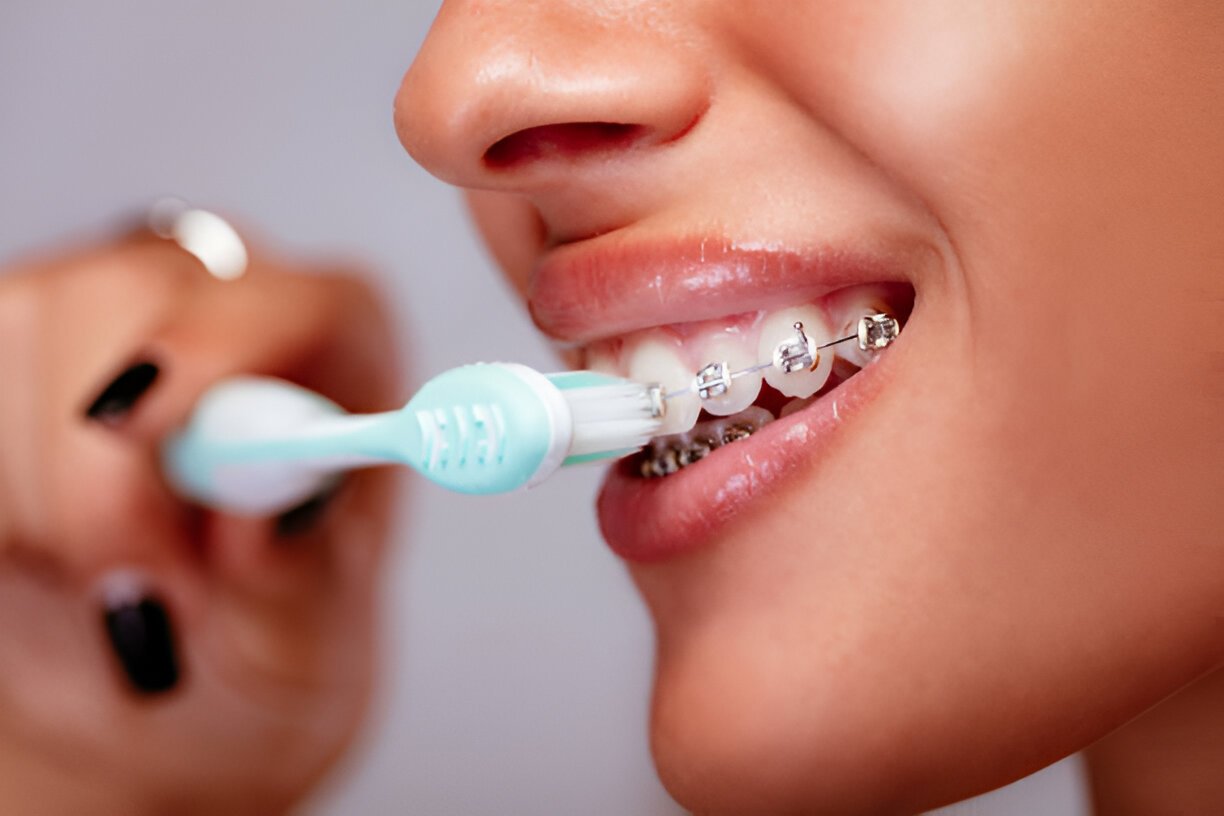Am I Too Old for Braces?
One of the most common questions adult patients have is: “Am I too old for braces?” The short answer is — absolutely not. It’s never too late to achieve a straighter, healthier smile. With advances in orthodontic technology and more discreet options available than ever before, adults are increasingly seeking orthodontic care well into their 40s, 50s, and beyond.
Is It Worth Getting Braces As an Adult?
Yes, and here’s why: Properly aligned teeth do more than just enhance your smile — they contribute to better oral and overall health. Braces in Aberdeen can help prevent tooth decay, improve bite function, alleviate jaw discomfort, and even reduce the risk of gum disease. Many adults who have chosen orthodontic treatment report improved confidence, better speech, and a boost in social and professional life.
Understanding Age in Orthodontics
Orthodontic treatment is not limited by age, but rather by the health of your gums and teeth. As long as your gums are healthy and your jawbone strong enough to hold teeth in place, you are likely a candidate for treatment. An orthodontic consultation can determine your personalised options.
Can adults get braces in Aberdeen, or are they only for children?
5 Signs You Might Need Braces
Not sure whether braces are right for you? Here are five signs that you might benefit from orthodontic treatment:
1. Early Loss of Baby Teeth
If you lost your baby teeth too early as a child, it could have led to alignment issues that persist into adulthood.
2. Difficulty Biting or Chewing
Frequent discomfort or awkwardness while eating can be caused by a misaligned bite, which braces can effectively address.
What is the average treatment time for braces in Aberdeen?
3. Crooked or Crowded Teeth
Teeth that are overlapping or twisted may not only affect your smile but also make proper brushing and flossing difficult, increasing the risk of decay and gum issues.
4. Gaps Between Teeth
Noticeable spaces between teeth can affect your bite as well as your appearance. Orthodontic treatment can close these gaps for improved function and aesthetics.
5. Jaw Shifting or Noisy Joints
A shifting jaw or clicking sounds when chewing could be signs of temporomandibular joint (TMJ) issues, which orthodontics may help relieve.
Evaluating What Orthodontic Problems You Have
Your orthodontist will conduct a thorough assessment to identify issues such as overbite, underbite, crossbite, open bite, or moderate-to-severe crowding. A customised plan will then be formed based on your specific needs.
Who Is a Candidate for Braces?
Most adults are excellent candidates for braces, provided their oral health is in good shape. If you suffer from chronic gum disease, it may need to be treated before orthodontics can begin. A consultation will determine your eligibility and the best approaches for your condition.
Types of Braces Available for Adults
Today’s orthodontic options are more varied and discreet than ever before. Here are the most common choices for adults:
Invisalign® Clear Aligners
Clear aligners are nearly invisible, removable trays that gradually shift teeth into place. They’re ideal for those wanting a subtle, flexible solution.
Ceramic (Clear) Braces
These work like traditional braces but use tooth-coloured brackets, making them less noticeable while still highly effective for moderate to complex cases.
Traditional Metal Braces
The classic choice, metal braces remain the most reliable option for treating complex alignment issues. With contemporary designs, they’re now smaller and more comfortable than ever before.
What Is the Best Type of Braces for Adults?
The best type depends entirely on your orthodontic needs, budget, and lifestyle preferences. Adults who want a discreet solution may prefer clear aligners or ceramic braces, while those with complex issues might achieve better results with traditional metal braces. Your orthodontist will guide you through the pros and cons of each option during your consultation.
How Long Will I Need Braces?
Treatment times vary based on the complexity of your case and the type of braces you choose. On average, most adult patients wear braces for 12 to 24 months, with some more extensive cases requiring slightly longer. Clear aligners may vary in duration based on compliance and treatment plan.
How Long Does It Take to Get Braces?
Once you’ve had your consultation and diagnostic records taken (e.g., X-rays and digital scans), fitting your braces usually takes about one to two hours. Clear aligners require a short waiting period while your custom trays are fabricated.
Financing and Flexible Care
Don’t let cost stand in the way of your dream smile. Many practices now offer interest-free payment plans and flexible financing arrangements to make orthodontics more accessible. During your consultation, financial options will be discussed to help you budget confidently.
Inspiring Success Stories
Thousands of adults have transformed their smiles later in life — and you can too. Patients often report improved self-esteem and enthusiasm for life after completing their treatment. Choosing to get braces as an adult is a decision you’ll likely never regret.
Ready to Take the Next Step?
If you’re considering adult orthodontics, now is the perfect time to start your journey toward a healthier, more confident smile.
Call to Action: Contact our Visage Orthodontics clinic today to book your personalised consultation and explore the most suitable treatments for your needs.
Frequently Asked Questions
Is there an age limit for getting braces?
No, there is no upper age limit. As long as your oral health is good, braces can work effectively at any age.
Do adult braces hurt more than when you’re younger?
No, the discomfort level is typically the same, whether you’re a teenager or an adult. Mild soreness is common when braces are first fitted and after adjustments.
Can I get braces if I have crowns or missing teeth?
Yes, many adults with crowns or missing teeth can still benefit from orthodontic treatment. Your plan can be tailored to accommodate these situations.
Will people notice if I get adult braces?
Not necessarily. Clear aligners and ceramic braces are both discreet options that blend well with your teeth, making them hard to detect in social situations.
Can braces fix bite problems in adults?
Absolutely. Braces are effective in correcting a range of bite alignment issues, including overbites, underbites, and crossbites, regardless of age.

